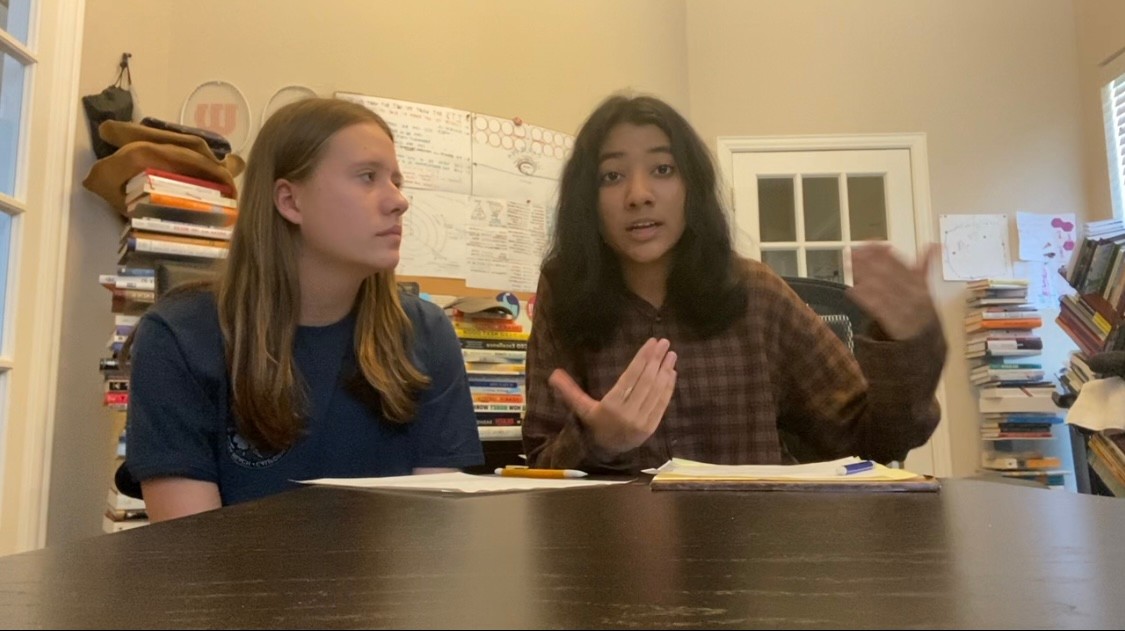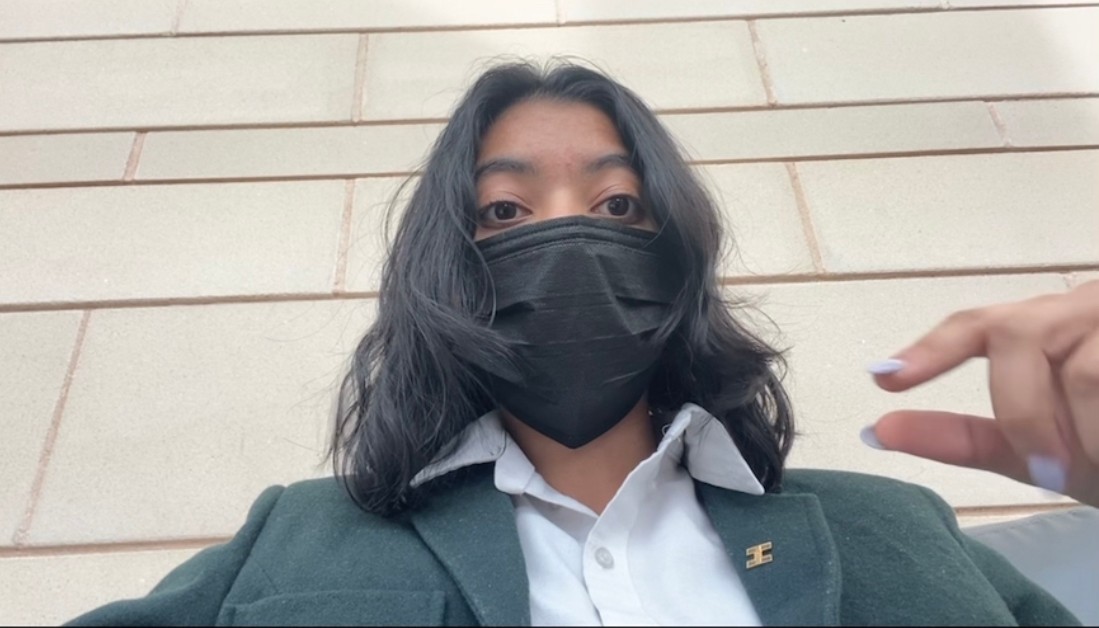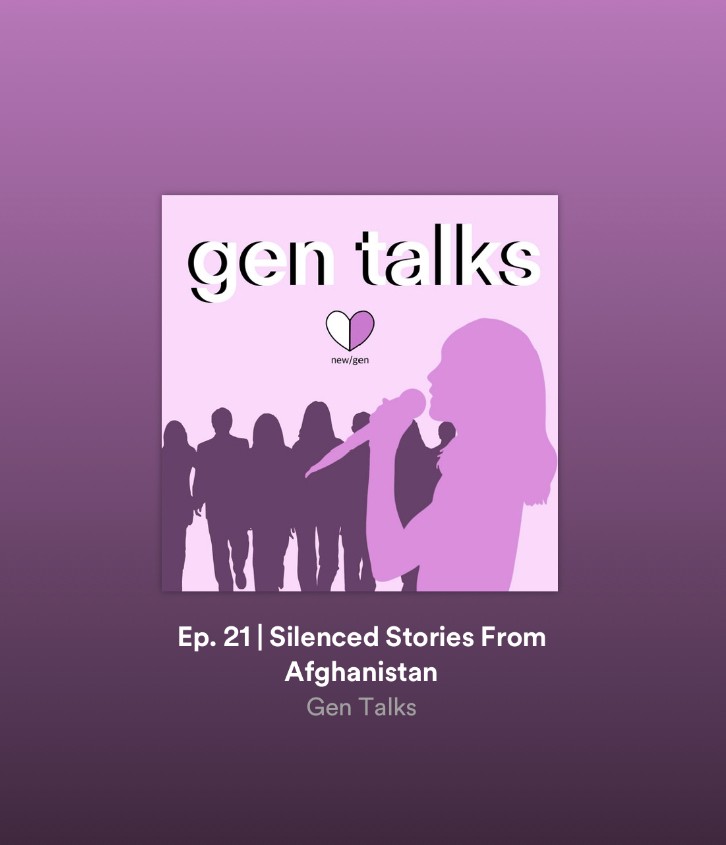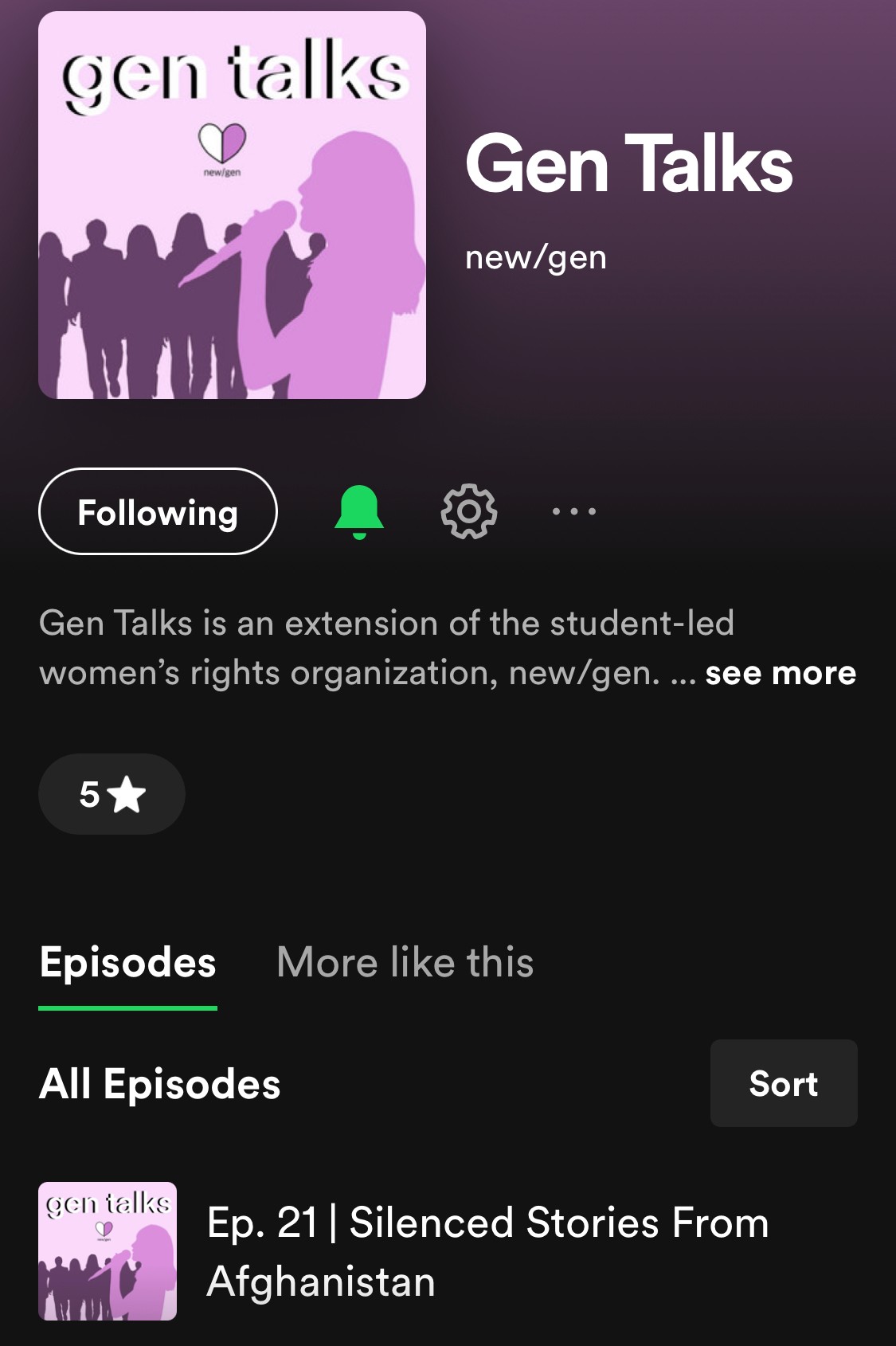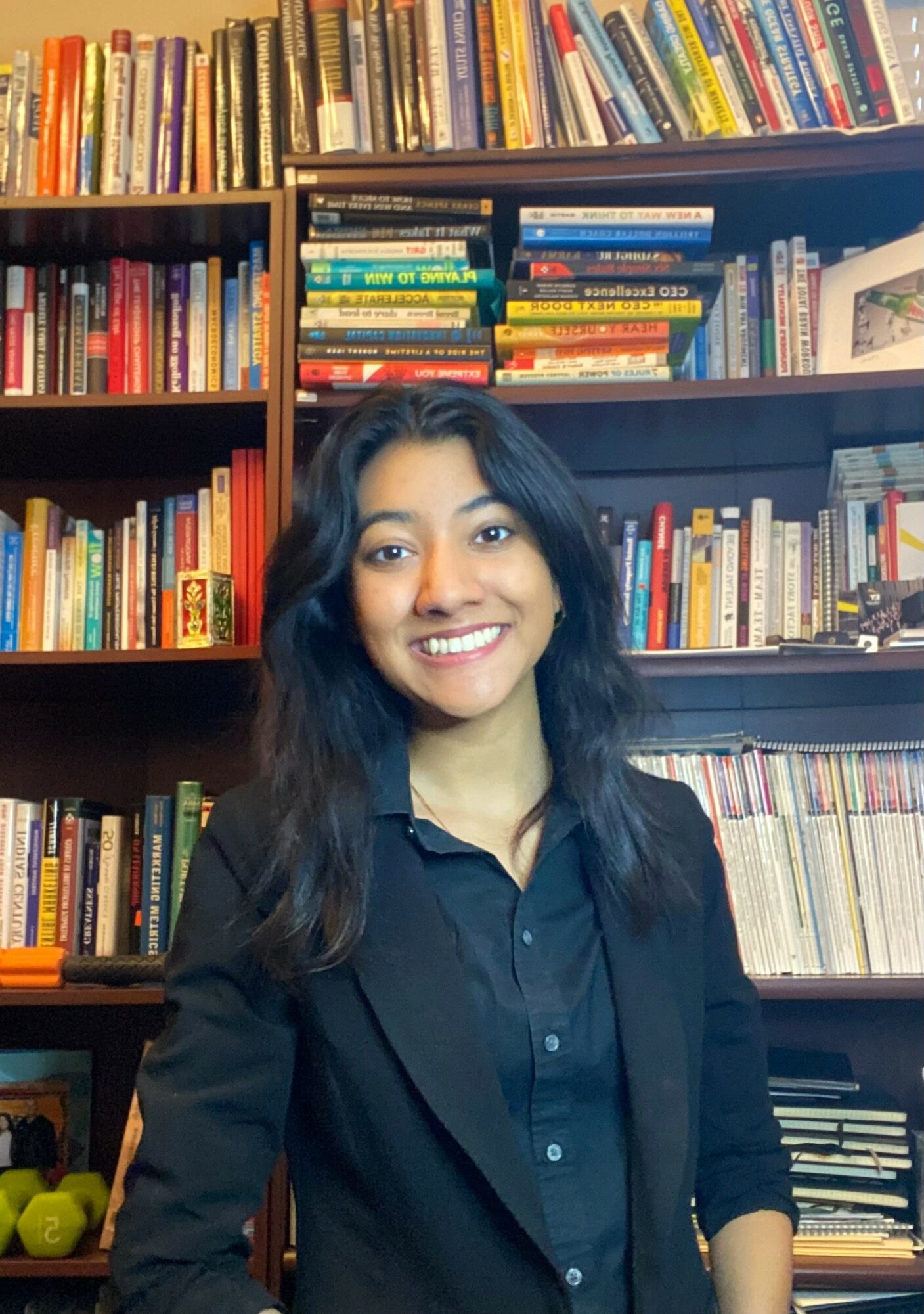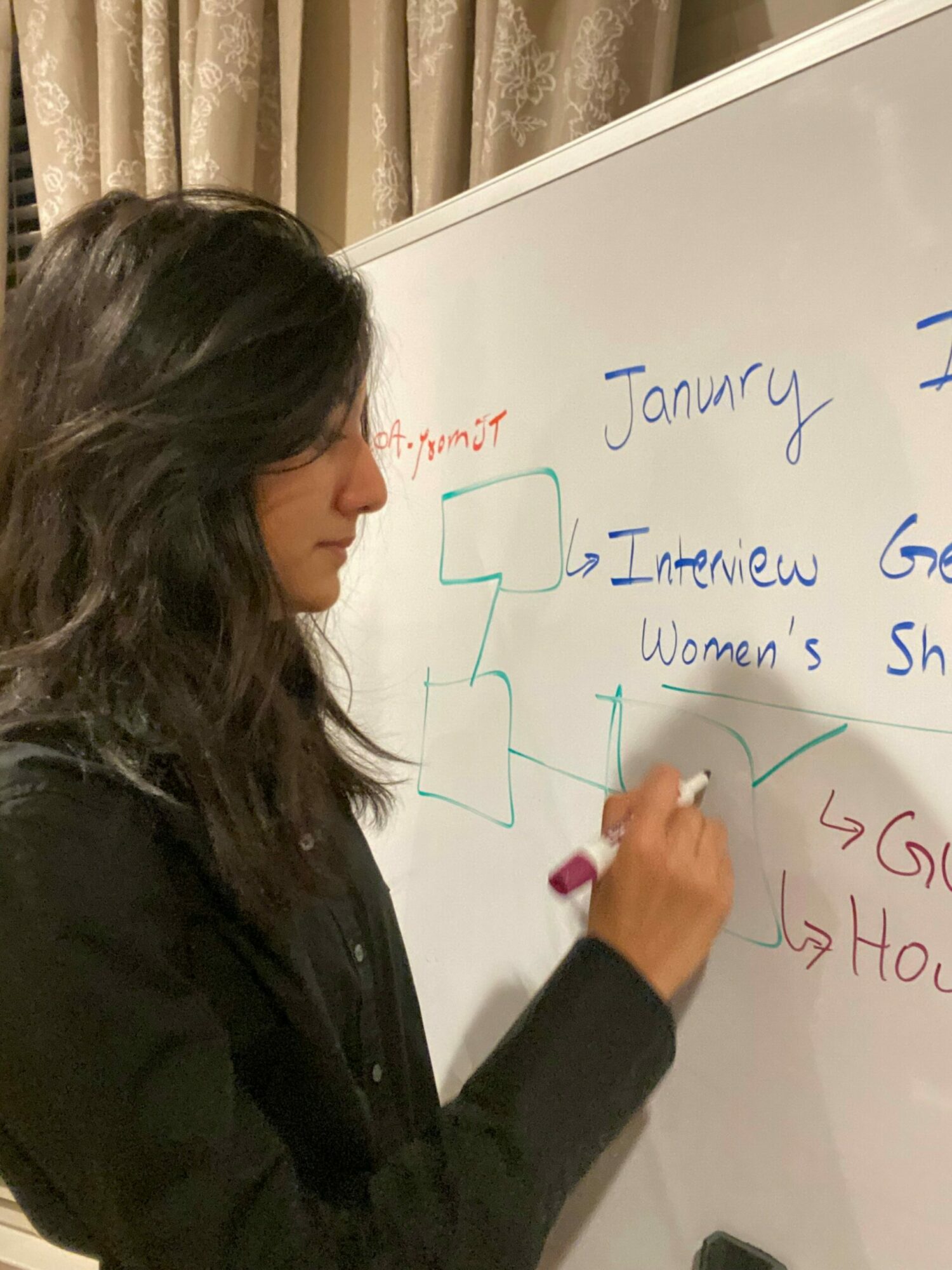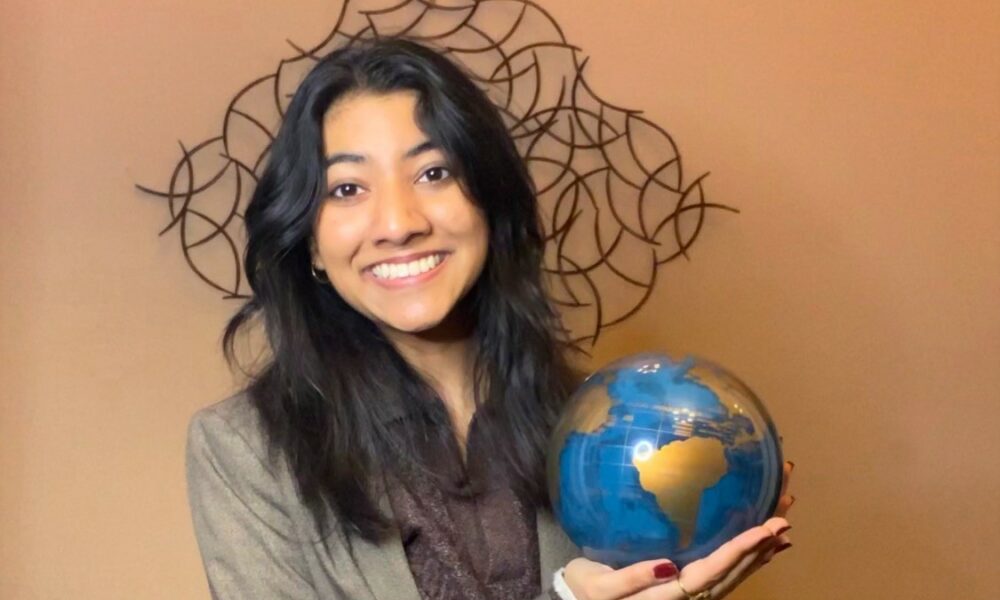

Today we’d like to introduce you to Sanika Agarwalla.
Hi Sanika, we’d love for you to start by introducing yourself.
Hi! Thank you for having me. I’m Sanika Agarwalla, director of Gen Talks, a women’s rights podcast. My journey as an advocate began at the age of ten when I began competitively public speaking. I have since competed at the state and international levels in World Schools Debate, a format focused on global current events. Through debate, I found a passion for international politics and a tool to access that passion: communication. Using this experience, I became a member of the Student Diversity Board at The Hockaday School, in which we facilitate difficult conversations among students; our forum topics have ranged from gender-affirming healthcare rights to media’s representation of minorities. I realized that people gained critical understandings from conversing about stigmatized topics; people’s attitudes towards polarizing topics went from aggressive to accepting with just an hour of informative, intimate discussion. When COVID-19 shunned everyone behind closed doors, face-to-face conversation became virtually impossible (pun-intended;). With oppressive laws passing all around me and no conversation to navigate it, I saw the political sphere of 2020 grow highly polarized. I decided I needed to continue the conversation about critical topics even through quarantine, so I joined new/gen (an international women’s rights organization) as its podcast director. Through Gen Talks (the podcast), I could continue discussing major political and social topics that uniquely affect women. Even after quarantine, I chose to continue the podcast because I realized it reached more people than I could without it. We have listeners from Taiwan, Germany, India, the UK, Thailand, and Canada, we have listeners of all age ranges, and we reach individuals of varying political affiliations.
I’m sure you wouldn’t say it’s been obstacle free, but so far would you say the journey has been a fairly smooth road?
Initiating conversation about a sensitive and often polarizing topic such as women’s rights has proven difficult due to the hate we have received from anti-feminists and radically unsupportive populations. However, we see this backlash as proof that we are reaching the people who we want to converse with most. To cater to hesitant groups who have a resistance towards feminism, we choose approachable topics. For example, Episode 19 is entitled “Should Women Wear Makeup?”. While this is a seemingly trivial question, it allows audiences to recognize their internalized misogyny through palatable, everyday topics. Using such topics, we draw in people who do not necessarily identify as feminists. After listening to the episode, however, listeners learn one of the most important feminist ideas: women should have the right to 𝘤𝘩𝘰𝘰𝘴𝘦. This critical theme applies to virtually every woman’s rights issue, from makeup to abortion, from careers to consent, from gender roles to voting. Through palatable topics such as makeup, we have been able to make women’s rights an accessible and acceptable subject rather than abominable.
As you know, we’re big fans of you and your work. For our readers who might not be as familiar what can you tell them about what you do?
I direct the women’s rights podcast, Gen Talks. Gen Talks covers pressing women’s issues from around the world to bring light to hidden oppression. We elevate the voices of those whose experiences are otherwise brushed under the rug. When the Taliban denied women the rights to higher education in Afghanistan last December, Gen Talks stepped up to bring attention to this major setback in the fight for women’s rights. In our episode, “Silenced Stories From Afghanistan,” we forefront the courageous fights of distinct Afghan activists, voicing their needs to new audiences and giving listeners the resources necessary to support these women’s organizations. Especially when discussing topics that my podcast partner, Tyler Kinkema, and I have minimal experience with, we make sure to invite a guest speaker who has firsthand experience with the topic. This ensures that our advocacy is authentic and reliable. For example, when I heard in the news that Iranian women were protesting the Iranian regime’s laws on how they should wear the hijab, I knew two things: 1) this was a women’s rights issue that Gen Talks should cover, and 2) that the Western news sources I was seeing were most likely unreliable, incomplete, and largely censored. Hence, to make sure my listeners received the full story, I invited my Iranian peer, Yalda Haghighat, to the speak on Episode 20 “Does Iran Fear Women? ft. An Iranian Women.” Yalda has family in Iran, giving her unique insight into the true conditions’ Iranian civilians face. When recording this episode, I realized how incomplete the articles I had read were, simply because the Iranian government was hiding so much information that Western news sources had no way of accessing the truth. That is why Gen Talks is so important… because we emphasize the voices who are silenced in every other news source.
Unlike most women’s rights organizations, Gen Talks focuses on intersectional feminism. Intersectional feminism acknowledges that women of multiple minority identities, (i.e., women with disabilities, women of color, women of low socio-economic status, and queer women) have a unique experience with oppression. Since the conversation about women’s rights has long revolved around white women, also called “white feminism,” my podcast works to give women of multiple social and political identities a seat at the table. A few examples of this include Ep. 11 “Rise in Asian American Hate Crimes,” Ep. 14 “Disability Pride Month,” and Ep. 1 “Women’s Rights in India.” All of these episodes zoom in on the experiences of women with multiple minority identities. Even when the entire episode is not about a specific minority, Gen Talks always includes a sector of the podcast dedicated to analyzing the topic’s unique effects on women of color, LGBTQ+ women, etc. For example, on Ep. 18 “The Global Fight for Reproductive Rights,” we discuss the privilege that women of high socio-economic status have when governments pass laws banning healthcare such as abortion. We highlight the fact that women who are financially disadvantaged cannot access healthcare through legal obstacles while women of higher socio-economic status face less difficulty in continuing to access necessary medical care. In Ep 17 “The Truth Behind the Depp-Heard Trial” we discuss domestic violence, and the increased prominence of abuse in relationships when one partner has more political, financial, and social power. By forefronting intersectional feminism. Gen Talks creates dimensional conversation, ensuring that our advocacy is diverse, equitable, and inclusive.
So, before we go, how can our readers or others connect or collaborate with you? How can they support you?
Listen to the Podcast “Gen Talks” on all platforms! DM us on Instagram @newgen0 or email us @new.gens2021@gmail.com to request being interviewed on the podcast or to request an episode topic!
Contact Info:
- Website: https://linktr.ee/newgen01?fbclid=PAAab5qCQuuzF2QHVNaHiRVGo3OJHPX3orZAN2Mgh7FYwOK1IT4pi7jXm8ME8
- Instagram: https://instagram.com/newgen0?igshid=MDM4ZDc5MmU=
- Other: https://spotifyanchor-web.app.link/e/VPqedXmq4wb
